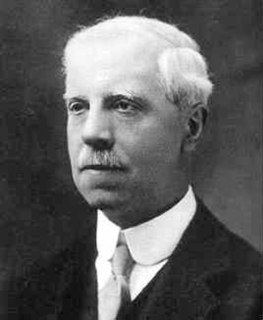A Quote by Gordon S. Wood
[John] Adams's letters to [his wife] Abigail are wonderful. In his letters, he is loving, humorous, preachy, learned, and saucy. He speaks to her with almost complete abandon, revealing all of his sensuous and vulnerable nature.
Related Quotes
My father is my biggest literary influence. Recently, I've been looking through his letters. He was in the National Guard when I was a child, and whenever he left, he would write to me. He wrote letters to me all through college, and we still correspond. His letters, and my mother's, are one of my life's treasures.
First Lieutenant Jimmy Cross carried letters from a girl named Martha, a junior at Mount Sebastian College in New Jersey. They were not love letters, but Lieutenant Cross was hoping, so he kept them folded in plastic at the bottom of his rusack. In the late afternoon, after a day's march, he would dig his foxhole, wash his hands under a canteen, unwrap the letters, hold them with the tips of his fingers, and spend the last hour of light pretending.
[John Adams] letters courting Abigail Smith are especially priceless. In one of 1764 he addresses her as "Miss Adorable" and says that "By the same Token that the Bearer hereof satt up with you last night I hereby order you to give him, as many Kisses, and as many Hours of your Company after 9 O'Clock as he shall please to Demand and charge them to my Account."
It's interesting to me that really one of the first things she [Eleanor Roosevelt]did as First Lady was to collect her father's letters and publish a book called The Letters of My Father, essentially, hunting big game, The Letters of Elliott Roosevelt. And it really was an act of redemption, really one of her first acts of redemption as she entered the White House. She was going to redeem her father's honor. And publishing his letters, reconnecting with her childhood really fortified her to go on into the difficult White House years.
Samuel Beckett is the person that I read the most of - certainly the person whose books I own the most of. Probably 800 or 900, maybe 1,000 books of just Samuel Beckett. By him, about him, in different languages, etc. etc. Notebooks of his, letters of his that I own, personal letters - not to me, but I bought a bunch of correspondence of his. I love his humor, and I'm always blown away by his syntax and his ideas. So I keep reading those.



























